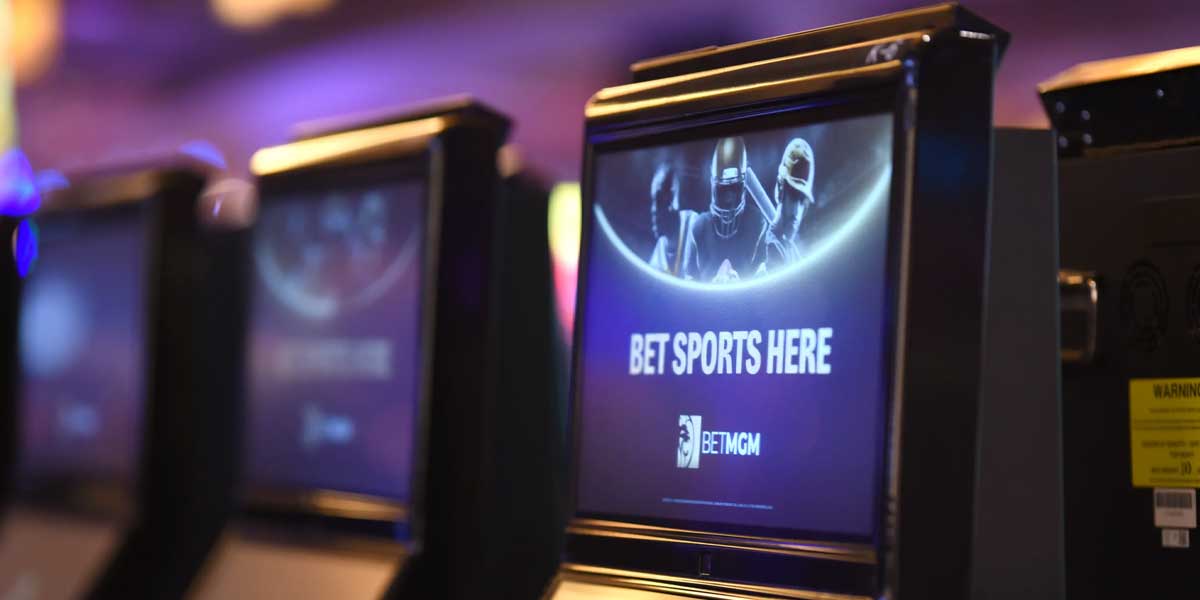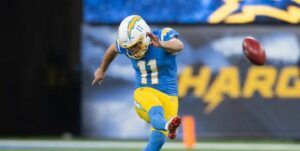- Michigan sportsbooks collected $105,548 in revenue after launching in mid-March.
- The launch lasted only five days before the COVID-19 pandemic forced casinos to shut their doors and suspend operations.
- There is no firm timeline for when sports will resume play or when casinos will reopen.
- Although it was a small sample size, Michigan’s five-day launch demonstrated that there is a solid market for sports betting in the state, even in the absence of marquis sporting events.
LANSING, Mich. – Michigan sportsbooks were only open for five days before shutting down in response to the ongoing novel coronavirus outbreak. In less than six full days of operation, the three licensed Michigan casino sportsbooks collected over $105,000 in revenue.
The MGM Grand Detroit was by far the biggest beneficiary, earning $84,695. Greektown Casino earned $15,904 in revenue, while the MotorCity Casino earned $4,949. The Michigan Gaming Control Board does not report betting handle, so there is no way to determine the hold rate on these revenues.
Considering the number of limiting factors in play—a shortened time frame, a lack of marquis events to bet on, few locations at which to bet, etc.— it was a solid debut.
With only three casino sportsbooks launching and no online betting options, the revenue ceiling was low for Michigan’s sports betting debut. But despite an abundance of complications, the opening five-day stretch still proved moderately successful.
Michigan’s Future Sports Betting Outlook
Michigan’s sportsbooks were victims of an inauspicious start when the NBA announced that it would be immediately suspending play on March 11, the same day as Michigan’s sports betting launch. On March 12, every major college basketball conference announced that they too would suspend tournament play.
The fact that Michigan managed to collect over $100,000 in revenue despite those significant hurdles is a testament to the potential power of a full-fledged sports betting market in the state.
Advertising Disclosure
USAOnlineSportsbooks.com provides you with the most current information regarding sports betting and fantasy with the help of commissions we receive from links you may click on our site.
Stretched that five-day period out over a 31-day month, Michigan’s revenue total would have been roughly $650,000.
For comparison, the state of Delaware, which also operates three total retail-only sportsbooks, averages about $1.1 million in monthly revenue, and that’s after 20 months of operation with a full complement of events to bet on.
With mobile betting on its way within a year and as many as 10 retail casinos to receive sportsbook licenses, Michigan’s sports betting industry will likely mature similarly to Pennsylvania’s. The two states are similar in population and both feature major college and professional sports teams in all major sports.
Unfortunately, that will have to wait until the COVID-19 pandemic is fully under control so that casinos can reopen and sports can resume play. There is no firm timeline for how long that may take.
If nothing else, Michigan’s sports betting debut was a successful proof of concept, showing that even with few major sporting events to bet on, the market for sports betting in the state is robust.

With a background in sport performance and business analytics, Carter’s writing focuses on engaging readers while simultaneously providing them with the empirical data they need to make informed, winning decisions.






